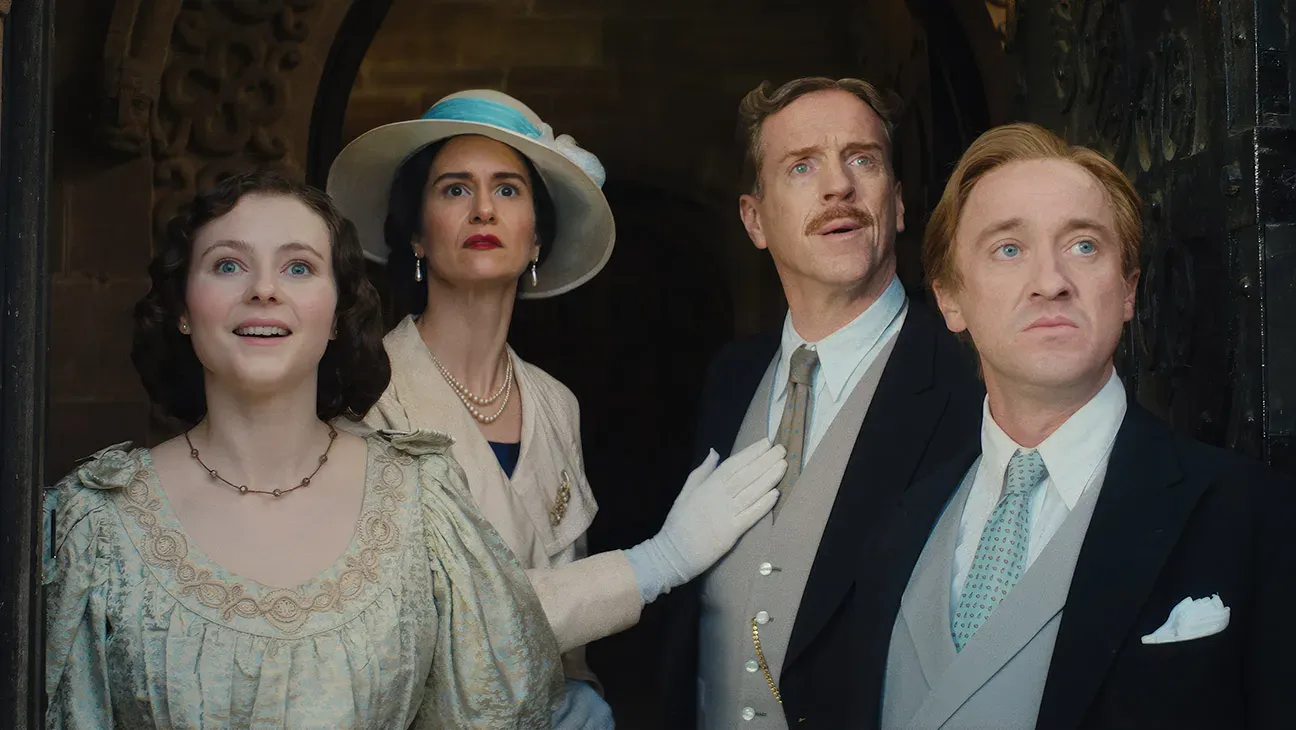
Waves (2024) - Movie Review
- Nov 9, 2024
Jiří Mádl's engrossing historic drama, "Waves", masterfully stages the importance of free press amidst authoritarianism, grounding its narrative in the strength of human perseverance against oppressive regimes. Drawing on the timeline of events in 1967 Czechoslovakia, the film uses its historical setting as a grim and profound reminder of the phrase, "Those that fail to learn from history are doomed to repeat it".
Beginning with the historical event of the Soviet Union's control over Eastern European countries, "Waves" explores the foreboding atmosphere that ensued, characterized by rampant media censorship and blatant suppression of freedom. The narrative positions Czechoslovak Radio as the largest media organization determined to uphold the truth against an impending authoritarian takeover in 1968.
In the build-up to the Warsaw Pact invasion of Czechoslovakia, the film spotlights the efforts of those working at the International News Office at Czechoslovak Radio, who became an enduring barrier against unfolding authoritarianism. Through the lens of the fictional character Tomáš, the audience witnesses the courage of working at the radio station amidst the tense political climate and the principled stand taken by journalist Milan Weiner against state-imposed censorship.
Tomáš embodies a more guarded attitude towards involvement in the resistance that his radio station symbolizes, a stark contrast to his brother, Pavel, and Weiner's unabashed defiance. His story underscores the complexities posed to ordinary individuals in the face of authoritarianism, juxtaposing the urge for self-preservation against the duty of civic resistance.

As Weiner and the team increasingly challenge the Soviet Union and Czechoslovakian government’s official narratives, their principled stand attracts the government and military's hostility. The arrival of a recording revealing the truth about a student protest intensifies their predicament as they grapple with the choice to expose an uncomfortable truth at the risk of their safety and livelihood.
"Waves" captures the essence of a spy thriller with its ticking time bomb narrative pace, accurately depicting the strenuous environment the journalists at Czechoslovak Radio worked within leading up to the invasion. Mádl expertly highlights how free press was not just an abstract concept but a moral duty requiring extreme personal sacrifices, from professionals regularly faced with challenging choices that could pit them against their peers, friends, and families.
Mádl's film cleverly positions the narrative from Tomáš' viewpoint, emphasizing the fortitude of individuals like Weiner in the throes of an authoritarian rule. It paints a realistic image of Czechoslovak Radio as a symbol of civic resistance, underscoring the harsh reality of making moral decisions in such circumstances.
With its exceptionally powerful cast, "Waves" is an agile historic drama, resonating in 2024 due to the ongoing relevance of its central theme – the relentless defence of the free press – despite the passing of more than five decades since the 1968 occupation. Mádl’s attention to this crucial year transcends mere chronicling, marking a historic moment of symbolic resonance amidst our world’s current demands for free press.







